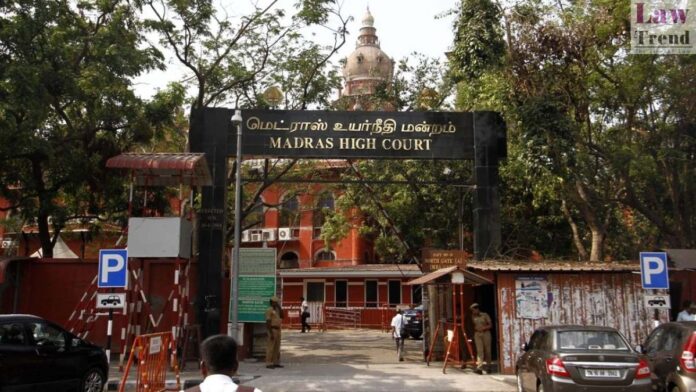In a significant ruling on Saturday, the Madras High Court declared that foreign diplomatic missions in India are not exempt from adhering to the nation’s labour and social security laws. This landmark judgment particularly impacts Indian nationals working at various high commissions and consulates.
Justice D. Bharatha Chakravarthy presided over the case involving the Sri Lankan Deputy High Commission in Chennai. He ordered the reinstatement of T. Senthilkumari, a consular agent who was terminated from her position in 2018. The court’s decision emphasized that Indian employees of foreign missions do not require prior permission from the Central Government under Section 86 of the Code of Civil Procedure before taking their grievances to an industrial tribunal.
The court’s interpretation rested on the Diplomatic Relations (Vienna Convention) Act, 1972, which integrates the principles established at the 1961 UN Conference on Diplomatic Intercourse and Immunities in Vienna. Justice Chakravarthy highlighted Article 33 of the Vienna Convention, clarifying that the exemption from social security laws applies solely to foreign nationals employed in diplomatic missions. Indian nationals, therefore, must be afforded the protections laid out in the receiving state’s social security norms.
Adding to his judgment, Justice Chakravarthy referenced a 1963 Supreme Court decision affirming that employees who are nationals of the host country can indeed initiate labour disputes against a foreign sovereign.
The case arose from a writ petition filed by Senthilkumari, who served at the Deputy High Commission of Sri Lanka in Chennai from 2008 to 2018. She was dismissed and compensated with only one month’s salary, contrary to the stipulations under Section 25F of the Industrial Disputes Act, 1947. This section mandates additional compensation equivalent to 15 days’ average pay for each completed year of service for retrenched permanent employees. The court ruled that Senthilkumari should be considered a permanent employee as she had worked for over 480 days across two calendar years, thus qualifying for the said benefits.




